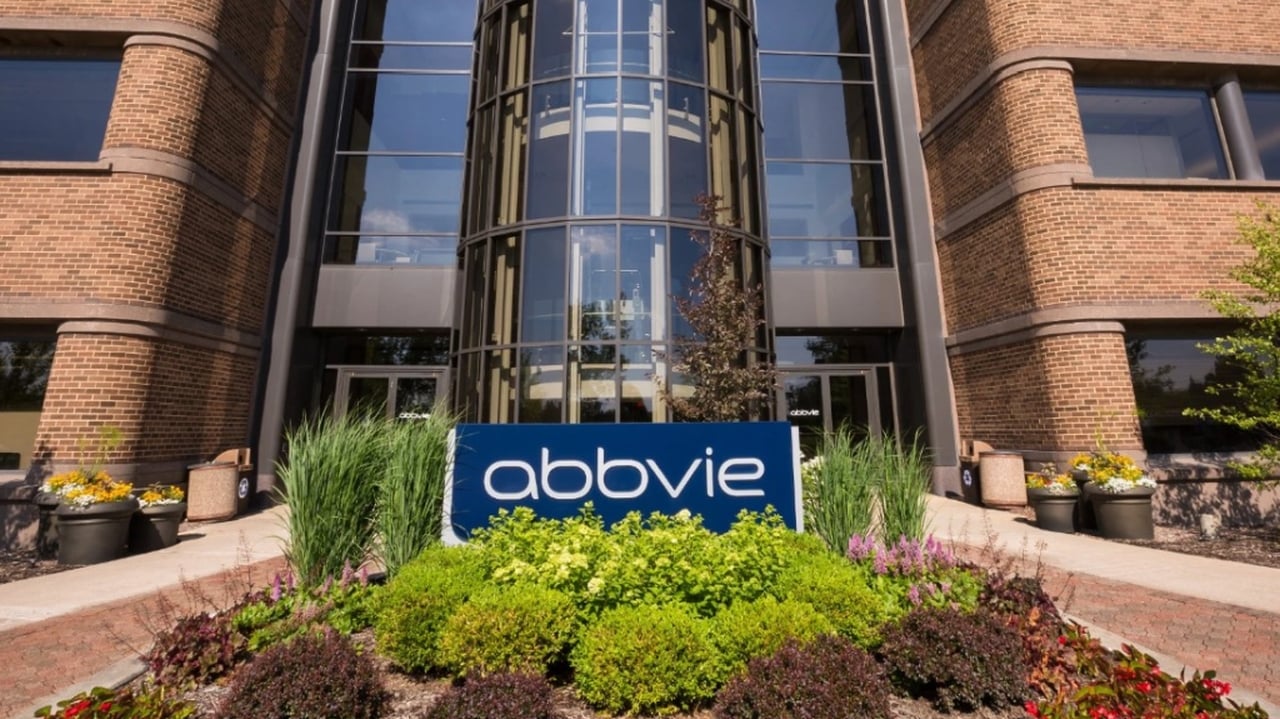After AbbVie's ImmunoGen buy, Elahere posts midstage trial win in ovarian cancer subtype
Clinical ResultDrug ApprovalAcquisitionPhase 2ADC

Preview
Source: FiercePharma
Elahere is already approved to treat patients with FRa-positive, platinum-resistant epithelial ovarian, fallopian tube or primary peritoneal adult cancer who have received up to three prior treatments.
On Thursday, AbbVie announced that Elahere—also known as mirvetuximab soravtansine—met its primary endpoint in the midstage PICCOLO trial, triggering an objective response rate of 51.9%.
As for the secondary endpoint of median duration of response (DOR), Elahere's performance clocked in at 8.25 months. AbbVie didn't say whether the secondary endpoint met the trial's goal.
The phase 2 study specifically looked at the effects of Elahere as a monotherapy in heavily pretreated patients with folate receptor-alpha (FRa) positive, platinum-sensitive ovarian cancer (PSOC).
As it stands, Elahere is approved to treat patients with FRa-positive, platinum-resistant epithelial ovarian, fallopian tube or primary peritoneal adult cancer who have received up to three prior treatments. The drug won a full endorsement from the FDA in March following its original accelerated nod in November of 2022.
AbbVie defines platinum-sensitive patients as those who initially responded to platinum-based chemotherapy and relapsed six months or longer after the initial treatment. Platinum-resistant patients are those who relapse within 6 months after platinum-based chemotherapy.
AbbVie did not lay out detailed results in its midstage data update. The company says it plans to present data from the PICCOLO study at an upcoming medical meeting.
Aside from efficacy in ORR and DOR, Elahere’s safety profile was on par with findings from previous studies, with no new safety concerns identified, AbbVie explained.
The midstage trial win comes after AbbVie's $10.1 billion buyout of ImmunoGen back in November. At the time, CEO Rick Gonzalez noted the deal would accelerate AbbVie’s entry into the solid tumor realm and strengthen the drugmaker’s overall oncology pipeline.
Part of the strategy behind the deal is to move Elahere into earlier lines of treatment. AbbVie also plans to explore adding Elahere to either Roche’s Avastin (bevacizumab) or PARP inhibitorsPARP inhibitors in the first-line maintenance setting, with phase 3 studies expected to begin in 2024 and 2025, respectively, the company said last year.
With its recent play for ImmunoGen, AbbVie has rejoined a suite of Big Pharma players embracing the ADC field, including AstraZeneca, BioNTech, Gilead Sciences, GSK, Merck & Co. and Pfizer.
Pfizer recently made a $43 billion play for ADC giant Seagen while Merck charted a $10.8 billion takeover of immunology company Prometheus.
For more details,please visit the original website
The content of the article does not represent any opinions of Synapse and its affiliated companies. If there is any copyright infringement or error, please contact us, and we will deal with it within 24 hours.
Organizations
Indications
Hot reports
Get started for free today!
Accelerate Strategic R&D decision making with Synapse, PatSnap’s AI-powered Connected Innovation Intelligence Platform Built for Life Sciences Professionals.
Start your data trial now!
Synapse data is also accessible to external entities via APIs or data packages. Leverages most recent intelligence information, enabling fullest potential.





